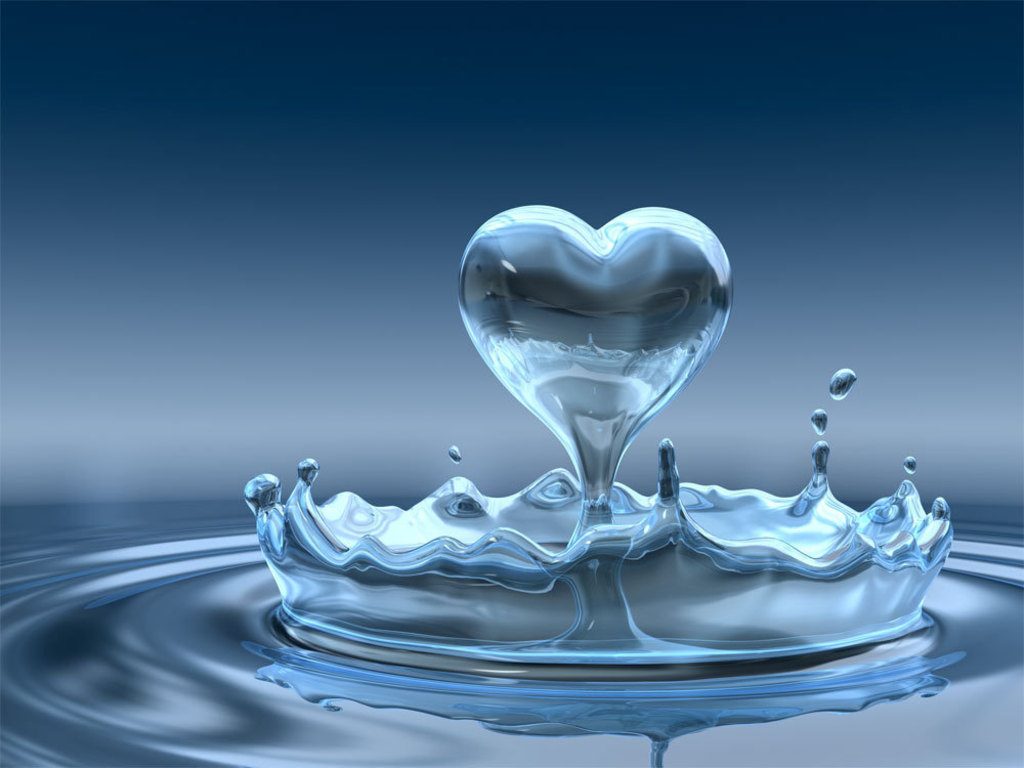Water covers 71% of the earth, but 96.5% of this water is found in the seas and the ocean. Only a small fraction of the Earth’s water is freshwater and 98.8% of that is either in ice or ground water. That leaves an incredibly small amount of water left for humans and animals.
For humans, water is a vital resource and we can go weeks without food, but only about 3-5 days without water. A man’s body is made up of about 60% of water while a woman’s body is made up of about 50%. Water is a carrier, distributing essential nutrients to cells, such as minerals, vitamins, and glucose. Water also has a large heat capacity which helps limit changes in body temperature in warmer or colder environments. It is also an effective lubricant around the joints and acts as a shock absorber for the eyes, brain, and spinal cord.
How much water do you think you drink per day? It is probably not enough. Certain activities require more water:
– Adults lose about 2.5 – 3 liters of water per day. Water loss can be increased with prolonged exercise and hot weather
– Elderly people can lose about two liters per day
– Air travelers can lose about 1.5 liters during a three hour flight
If not enough water is consumed dehydration can occur. Symptoms of dehydration can include: thirst, headaches, lethargy, mood changes and slow response, dry nasal passages, cracked lips, weakness, tiredness, and many more.
Water is one of the most important components in losing fat and keeping it off. Water, being a natural appetite suppressant, also helps metabolize stored fat. In addition to this, a study performed at Virginia Tech in 2010 states that drinking two 8-ounce glasses of water before meals can help people melt the pounds away. The idea behind this, is that people who drink water right before a meal eat on average, 75-90 fewer calories during the meal.
It is always important to talk with your physician if you have any concerns about changing your diet drastically.

